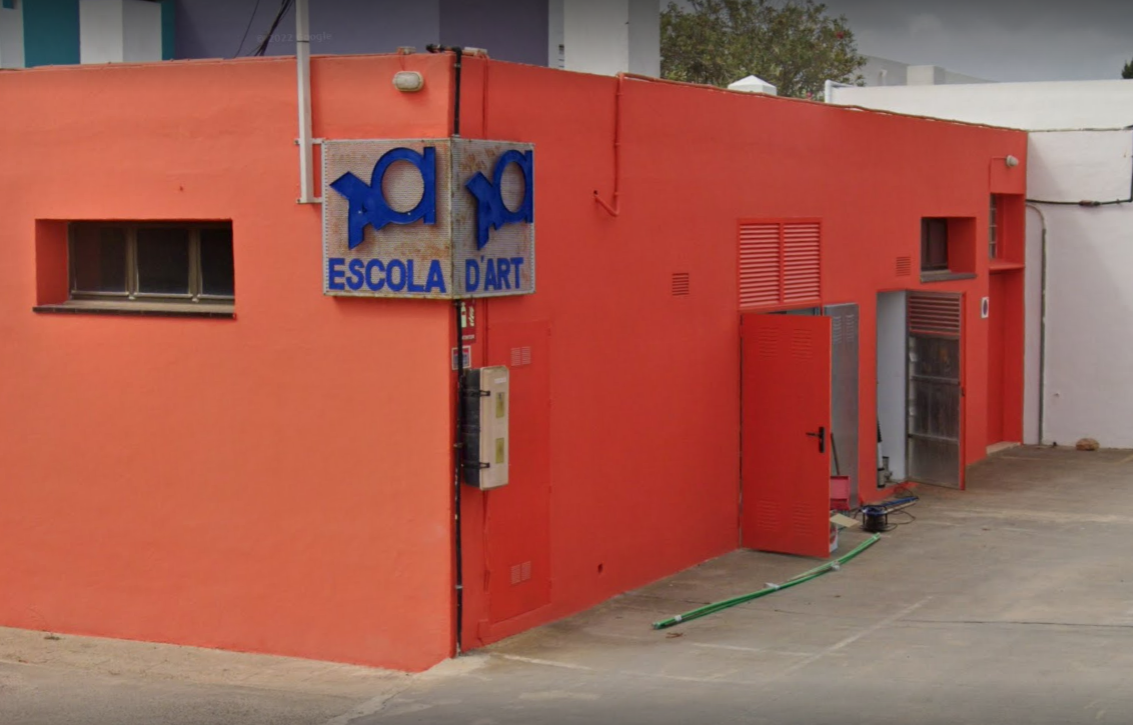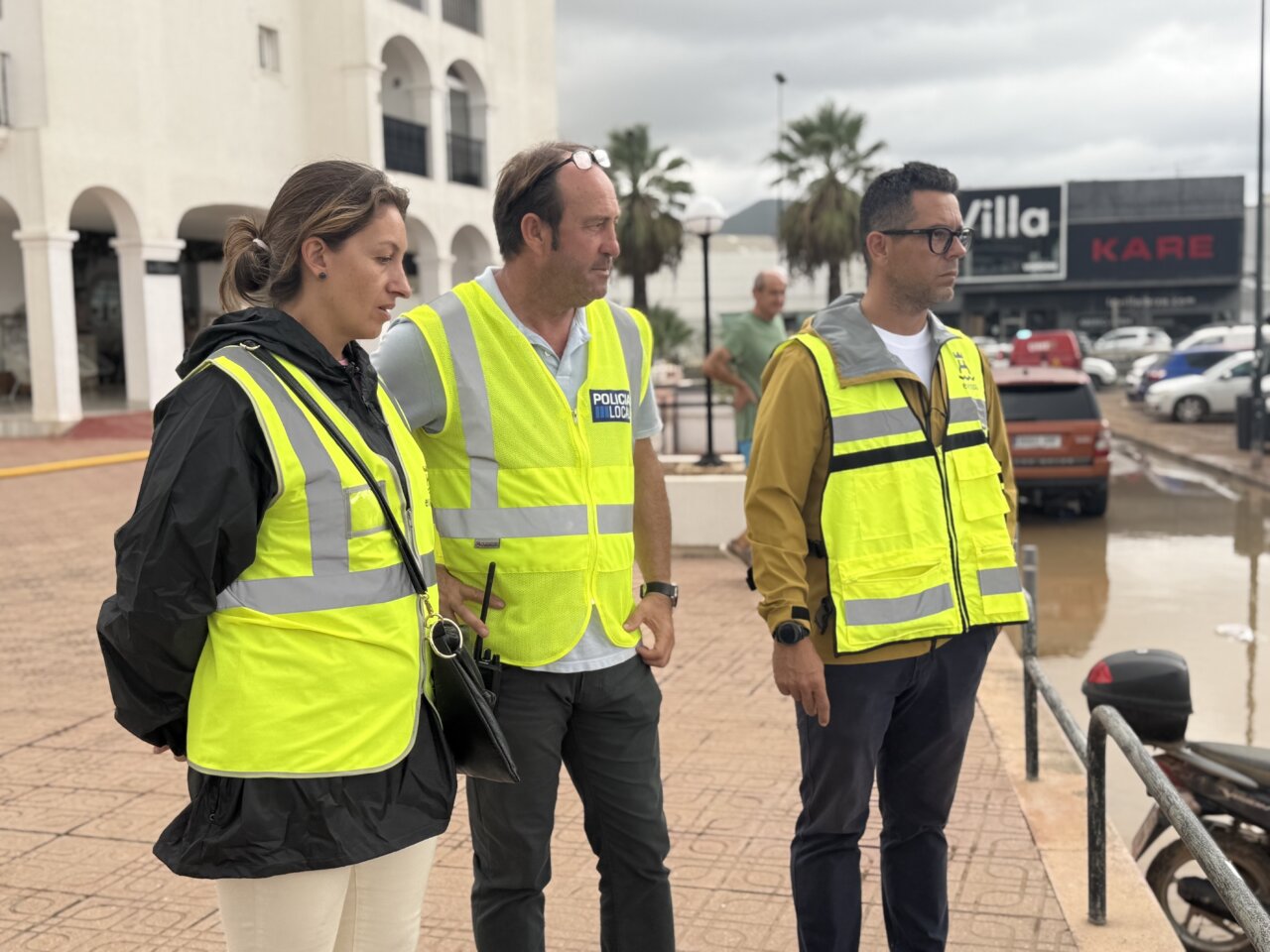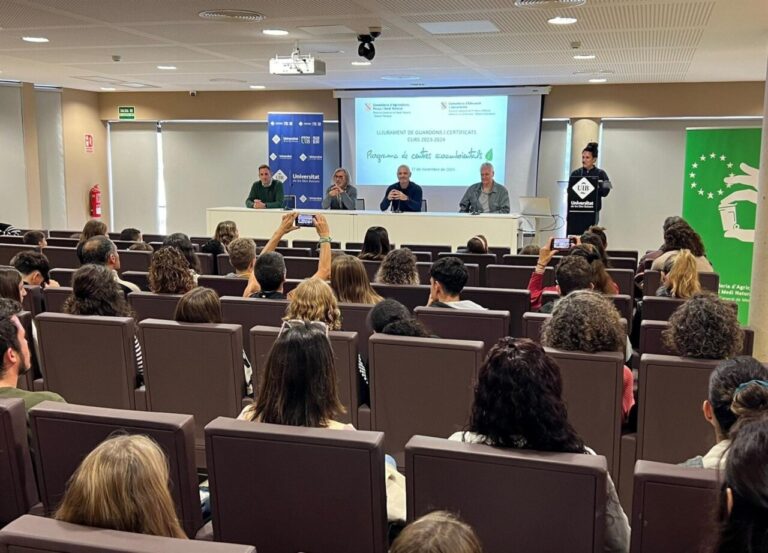The Balearic Government and the Ibiza City Council have signed this Wednesday an agreement for the creation of a Fablab in the School of Arts, a space dedicated to digital manufacturing and technological experimentation. The measure aims to connect the educational field with the business one through advanced tools such as 3D printing.
A manufacturing laboratory to foster innovation
The Fablab, an acronym for “Fabrication Laboratory”, is a space for developing technological and creative skills through digital fabrication. This type of laboratory allows the creation of three-dimensional objects using 3D printers and other advanced tools. According to the agreement, the objective is to promote the transfer of knowledge, facilitate the creation of prototypes and bring students and professionals closer to the business world. In addition, it is expected to boost the island’s educational and economic environment.
Conditions for Fablab installation
The School of Arts of Ibiza, owned by the Regional Ministry of Education and Universities, will be the headquarters of this project. The center already has renovated spaces for this type of activities and staff trained in design and technology. It will also offer courses such as the baccalaureate of arts and medium-level training cycles in plastic arts and design, linked to the use of these technologies.
Other ongoing educational projects
During the presentation of the project, the Councilor for Education, Antoni Vera, highlighted other plans underway, such as the construction of the new Can Cantó high school, whose tender is scheduled for the first half of 2025. Likewise, work is being done on the relocation of the CEPA Pitiusas, currently in poor facilities, and on an agreement to improve the infant and primary schools in the municipality. The signing of this agreement comes as part of a broader plan to modernize educational infrastructures in Ibiza, but it remains to be seen how Fablab will be implemented and what impact it will have on education and business. The commitment to technology poses challenges in terms of execution and effectiveness, aspects that the institutions involved will have to follow closely.
Continue reading











